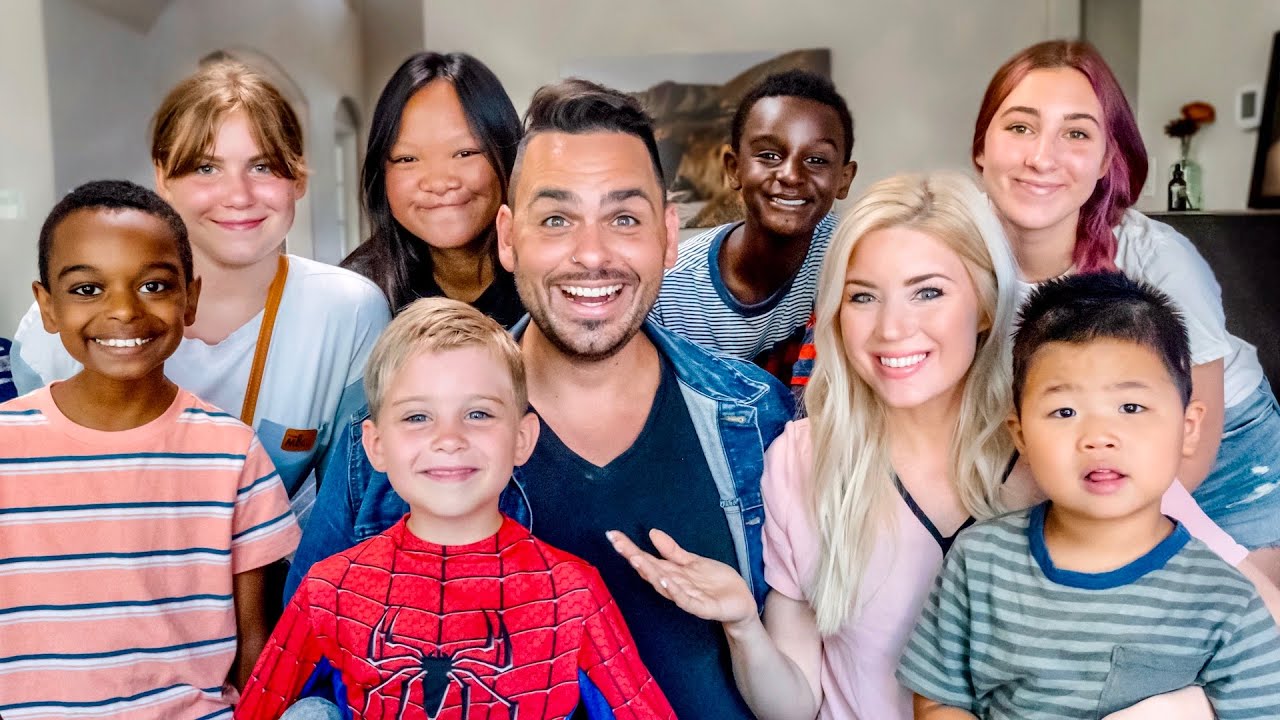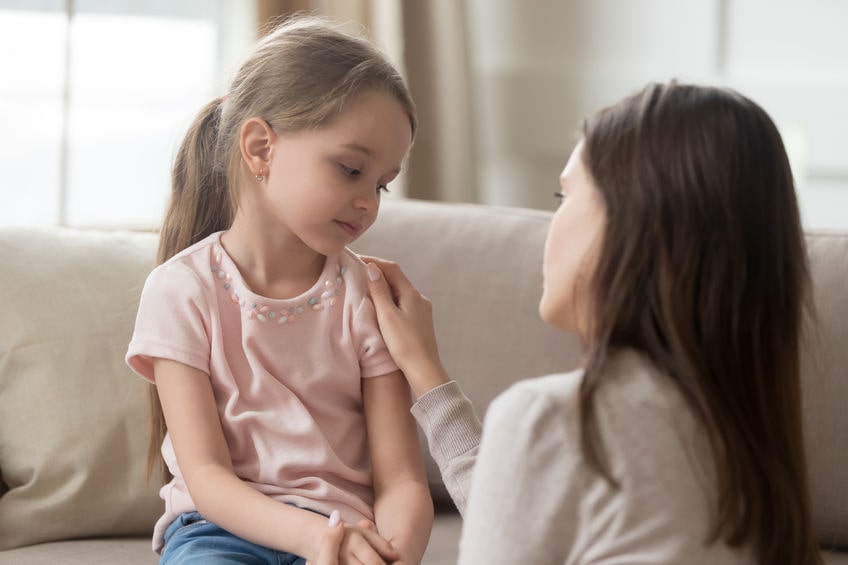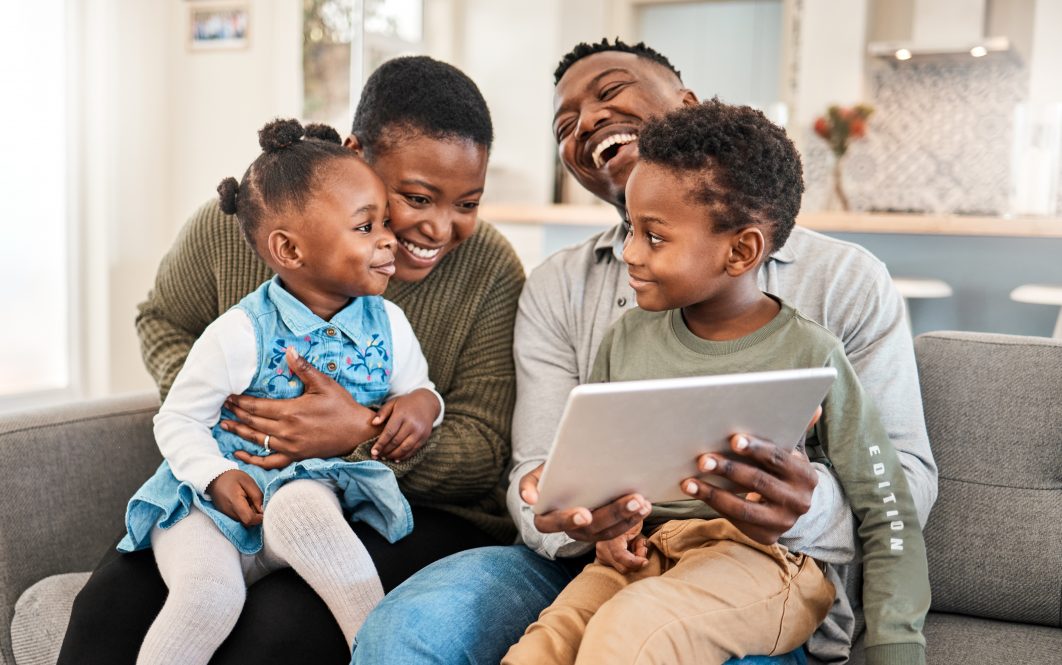What Strategies Do Parents Use to Handle Child Loss?
In moments of child loss, parents often rely on seeking counseling, joining support groups, and taking care of themselves emotionally. They honor their child’s memory through creating keepsakes, planting trees, and having remembrance rituals. Healing can come from expressing feelings through art, connecting with nature, and finding solace in spirituality. Advocacy for child loss awareness also plays a pivotal role in their journey. These strategies offer comfort, hope, and a path towards healing amidst the pain.
Key Takeaways
- Seeking professional counseling for emotional guidance and processing.
- Joining support groups for community and emotional support.
- Creating memory keepsakes like photo albums for remembrance.
- Advocating for child loss awareness to raise visibility.
- Expressing emotions through art as a therapeutic outlet.
Seeking Professional Counseling

When dealing with the loss of a child, seeking professional counseling can provide an essential outlet for processing your emotions and receiving guidance during this challenging time. Individual therapy offers a safe space to explore your feelings, fears, and struggles in a confidential setting. A trained therapist can help you develop coping strategies tailored to your unique situation, empowering you to navigate the complexities of grief.
Grief counseling is a specialized form of therapy that focuses on supporting individuals through the healing process after experiencing a significant loss. By participating in grief counseling, you can learn how to manage the intense emotions that arise, find ways to honor your child’s memory, and gradually find a new sense of meaning and purpose in life.
Through this therapeutic journey, you can begin to rebuild your life while carrying the love and memories of your child with you. Remember, it’s okay to seek professional help during this difficult time.
Joining Support Groups
You may find solace in joining support groups after experiencing the loss of a child. These groups offer the benefits of group therapy, where you can share your feelings in a safe space.
Connecting with others who’ve gone through similar experiences can provide comfort and a sense of understanding during this difficult time.
Group Therapy Benefits
Joining support groups can provide invaluable emotional support and a sense of community for individuals coping with the challenges of child loss. In today’s world, virtual therapy and online resources have made it easier for those grieving to access group therapy benefits from the comfort of their own homes.
Virtual therapy sessions allow individuals to connect with others who are experiencing similar emotions and struggles, creating a supportive environment that fosters healing and understanding. Online resources offer a wealth of information, guidance, and tools to help navigate the complexities of child loss.
Group therapy benefits include the opportunity to share your feelings, gain insights from others’ experiences, and develop coping strategies in a safe and non-judgmental space. By participating in group therapy, you can feel less isolated in your grief journey and find solace in the shared understanding of your peers.
Embracing these virtual avenues for support can be an essential step towards healing and finding comfort during such a challenging time.
Shared Experiences Comforting
Through shared experiences, individuals find comfort and understanding in support groups for coping with child loss. Connecting with others who’ve gone through similar experiences can provide a sense of relief and validation that you aren’t alone in your grief.
In these support groups, you can share your story and emotions without fear of judgment, knowing that others in the group likely understand your pain on a deeper level.
Healing connections are formed in these support groups, where mutual understanding creates a safe space for expressing feelings and receiving empathy. Being surrounded by individuals who truly comprehend the complexities of losing a child can help you navigate the grieving process more effectively.
The shared experiences within these groups can offer solace and perspective, allowing you to feel supported and less isolated in your journey of healing.
Connection With Others
By connecting with others who’ve experienced similar losses, individuals can find solace and support in maneuvering the complexities of grieving the loss of a child. Building connections with fellow parents who’ve gone through similar experiences can provide a sense of belonging and understanding that’s invaluable during such challenging times.
Support groups offer a safe space where you can share stories, emotions, and coping mechanisms with others who truly comprehend the depth of your pain. Finding support in a community of individuals who’ve walked a similar path can help alleviate feelings of isolation and loneliness that often accompany the loss of a child.
Through shared experiences and mutual empathy, you may discover new ways to navigate your grief journey and find comfort in knowing that you aren’t alone. Seeking solace in these connections can foster healing and resilience as you learn from others and draw strength from their stories of hope and resilience.
Practicing Self-Care Activities
As you navigate through the difficult journey of child loss, remember to prioritize self-care activities. Taking time for yourself is essential for your mental and emotional well-being.
Setting boundaries, seeking professional support, and engaging in self-care practices can help you cope with your grief in a healthy way.

Self-Care for Grieving
Engage in regular self-care activities to nurture your emotional well-being while grieving the loss of a child. Self-care routines and coping mechanisms are essential during this challenging time. Consider incorporating practices like grief journaling and meditation into your daily routine.
Grief journaling allows you to express your feelings, thoughts, and memories in a safe space. Writing can be cathartic and help you process your emotions. Consider setting aside dedicated time each day to jot down your reflections.
Meditation practices can also be beneficial for calming the mind and soothing the heart. Spend a few minutes each day in quiet contemplation, focusing on your breath or repeating calming mantras to center yourself.
Importance of Boundaries
Establishing clear boundaries is essential when practicing self-care activities during the grieving process of losing a child. It helps protect your emotional and mental well-being. By establishing boundaries, you’re creating a safe space for yourself to prioritize your needs and navigate through your grief in a healthy way.
Setting limits on what you can handle emotionally and physically is vital in preventing burnout and overwhelming yourself during this difficult time. It’s okay to say no to things that may drain you further or push you beyond your limits. Remember, self-care isn’t selfish; it’s necessary for your healing journey.
Engaging in activities that bring you comfort and peace while respecting your emotional capacity is key to healthy coping. Allow yourself the time and space to grieve without feeling guilty for setting boundaries. Your well-being is paramount as you navigate through this challenging period.
Seeking Professional Support
Seeking professional support can play a pivotal role in your self-care journey after experiencing the loss of a child. Grief therapy, often facilitated by trained therapists, provides a safe space for you to navigate the complex emotions that come with such a profound loss. A therapist can offer guidance, support, and coping strategies tailored to your unique needs, helping you process your grief in a healthy and constructive manner.
Therapist support can help you work through feelings of guilt, anger, sadness, and confusion that may arise after losing a child. These professionals are equipped with the knowledge and expertise to assist you in understanding and managing your grief, ultimately aiding in your healing process.
Honoring the Child’s Memory

To honor the memory of your child after loss, consider creating a special memorial or tribute that holds significant meaning to you and your family. Memorial events can provide a space for family and friends to come together to remember your child and celebrate their life. These events can range from intimate gatherings to larger ceremonies, depending on what feels right for you.
Memory keepsakes, such as photo albums, jewelry, or artwork, can serve as tangible reminders of your child and help keep their memory alive in your daily life.
Tribute projects offer a creative outlet for honoring your child’s memory. Whether it’s planting a tree, creating a scrapbook, or starting a charity in your child’s name, these projects can be incredibly meaningful and therapeutic.
Engaging in remembrance rituals, like lighting a candle on special occasions, visiting a favorite place of your child, or writing letters to them, can also help you feel connected to your child as you navigate the grieving process.
Creating Rituals for Healing
Consider incorporating meaningful rituals into your healing process to navigate the complexities of grief after experiencing the loss of a child.
Healing through nature can be a powerful tool in your journey. Spending time outdoors, surrounded by the beauty of the natural world, can help soothe your spirit and provide moments of peace and reflection. Engaging in mindful meditation amidst the serenity of nature can aid in calming your mind and allowing space for processing emotions.
Creating rituals that involve nature, such as planting a tree in honor of your child or setting up a special garden, can serve as tangible reminders of their presence in your life. These rituals can become sacred moments of connection and healing.
Additionally, incorporating mindful meditation practices into these rituals can deepen your sense of inner peace and resilience.
Expressing Emotions Through Art
Engaging in artistic expression can provide a powerful outlet for processing and communicating the intense emotions that come with the loss of a child. Through creative expression, individuals can externalize their inner turmoil, find catharsis, and begin to make sense of their grief journey.
Creating art allows you to convey emotions that words may fail to capture adequately. Painting, drawing, sculpting, or even writing poetry or music can be therapeutic ways to express the complexity of your feelings.
Research shows that healing through art is a valid and effective method for coping with child loss. Artistic expression has been linked to reduced symptoms of anxiety, depression, and increased overall well-being.
Finding Comfort in Spirituality

Exploring your spiritual beliefs and practices can offer a source of solace and guidance as you navigate the challenging journey of coping with child loss. Spiritual healing plays a significant role in finding comfort amidst grief. Many individuals find solace in their faith during times of immense loss. Embracing your spirituality can provide a sense of purpose, connection, and hope as you work through the profound emotions that accompany child loss.
Faith and grief often intertwine, offering a foundation of support and understanding during this difficult period. Engaging with your spiritual community can provide a network of individuals who share similar beliefs and experiences, offering empathy and companionship along the way.
Finding solace in prayer, meditation, or rituals can help in processing emotions and finding moments of peace amidst the chaos of loss.
Remember that spirituality is a personal journey, and exploring what brings you comfort and strength during this challenging time is crucial. Lean on your faith and community for support as you navigate the complexities of child loss.
Advocating for Child Loss Awareness
Advocating for Child Loss Awareness involves raising visibility and understanding around the profound impact of this devastating experience on individuals and families. Organizing events and awareness campaigns can help shed light on the challenges faced by those who’ve experienced child loss.
By engaging in community outreach and educational programs, you can provide valuable information and support to those affected by this profound loss.
Through organizing events such as memorial walks, support groups, or fundraising initiatives, you can create spaces for individuals to come together, share their stories, and feel less isolated in their grief. Awareness campaigns can help dispel misconceptions surrounding child loss and promote empathy and understanding within the community.
Community outreach efforts can involve collaborating with local organizations, healthcare providers, and schools to provide resources and support to families managing the complexities of child loss. Educational programs can help increase awareness among healthcare professionals and the general public about the unique needs of bereaved parents and siblings.
Frequently Asked Questions
How Can Siblings Cope With the Loss of a Child?
Coping with the loss of a child is incredibly tough. Sibling support plays a crucial role in healing. Grief counseling offers a safe space to express emotions and navigate the pain. Remember, it’s okay to seek help.
What Are Some Unique Ways to Celebrate the Child’s Life?
When honoring your child’s life, consider hosting memorial events like planting a tree or releasing balloons. Engaging in art therapy can also provide a creative outlet for expressing emotions and preserving memories. Remember, you’re not alone.
Can Pets Help Parents in the Grieving Process?
Pets can play a significant role in your grieving process. Pet therapy offers comfort, companionship, and emotional healing. Their unconditional love can be a powerful coping mechanism, providing grief support during this challenging time.
Are There Cultural Differences in Handling Child Loss?
In handling child loss, cultural differences impact how rituals and traditions guide grieving. Support systems and therapy play crucial roles in coping. Recognizing diverse approaches helps navigate grief while honoring individual beliefs and practices.
How Can Parents Navigate Social Media After a Child’s Death?
Finding your way through social media after losing a child is challenging. Utilize online tributes for healing, join support groups for comfort. Consider digital memorialization but be cautious of privacy concerns. Remember, you’re not alone in this journey.
Conclusion
To sum up, parents facing child loss often turn to professional counseling, support groups, self-care activities, and rituals to cope with their grief.
By honoring their child’s memory, expressing emotions through art, finding comfort in spirituality, and advocating for awareness, they can navigate the difficult journey of healing.
Remember to be gentle with yourself, seek support when needed, and know that you aren’t alone in this challenging experience.

Hey there! 👋 I’m a proud mom and passionate writer, sharing my parenting journey. 📝 Join me as I navigate the ups and downs of motherhood, offering tips, advice, and a sprinkle of humor along the way. 🌟







